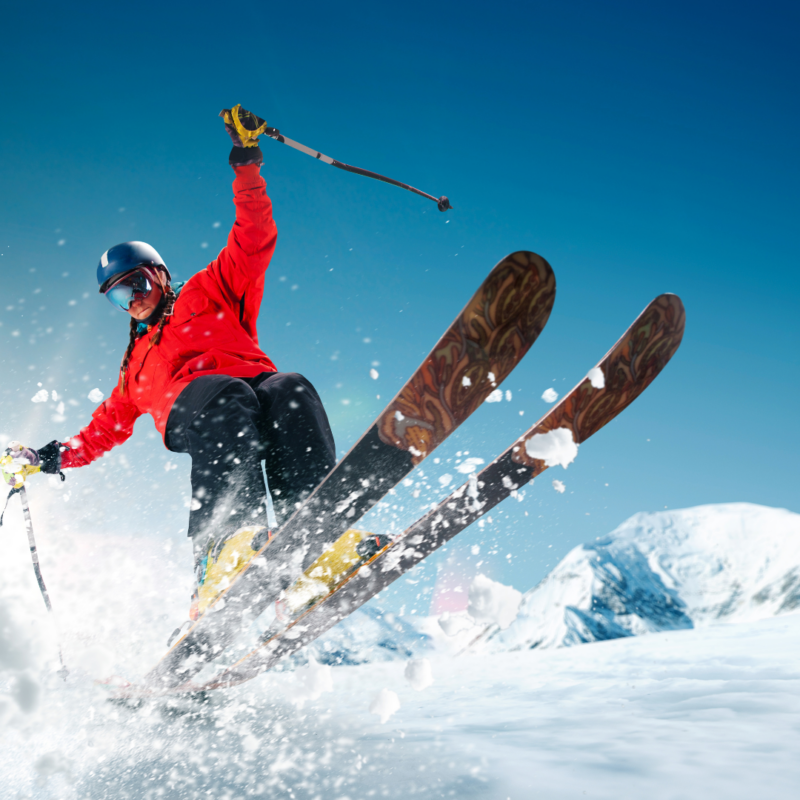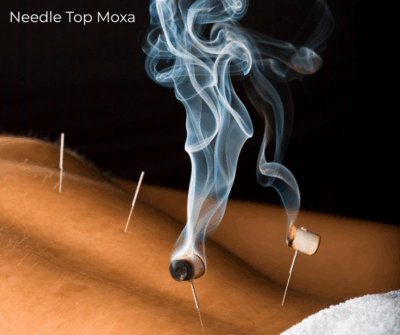Après Acupuncture

After a thrilling day of snow skiing, many enthusiasts turn to acupuncture as a holistic and effective way to alleviate post-skiing discomfort and promote overall well-being. Acupuncture involves the insertion of thin needles into specific points on the body to stimulate energy flow and restore balance. The insertion of thin needles into acupuncture points also prompts the release of endorphins, the body’s natural painkillers, promoting a quicker recovery and reducing discomfort. Moreover, acupuncture enhances circulation and facilitates the flow of qi, known in Chinese medicine as “vital energy”. This can accelerate the healing process by bringing nutrients to damaged tissues and expelling toxins. As skiing engages various muscle groups and joints, acupuncture aids in restoring balance and harmony to the body, reducing inflammation and promoting overall well-being. Acupuncture, in particular, is highly effective in treating trigger point—tight knots or ropey bands that form in muscles due to prolonged contraction.
Are you looking for enhanced athletic performance? One of the immediate benefits of acupuncture after snow skiing is its ability to reduce muscle soreness and pain. The physical exertion and repetitive movements involved in skiing can lead to tension and fatigue in various muscle groups. Acupuncture helps release tight muscles, improve blood circulation, and expedite the body’s natural healing processes, providing skiers with quicker recovery times and improved flexibility. It is excellent for acute sports injuries as well as chronic strains and sprains.
Understanding the root causes of muscle discomfort is crucial for tailoring effective post-skiing recovery strategies. Muscle dysfunction is a contributing factor, where muscles can get stuck in contracted, neutral, or lengthened states. Poor posture, repetitive motions, and overuse of muscles can lead to imbalances among muscle groups, reducing range of motion and blood flow to the area. Additionally, over-exercising or weekend warriors may experience small muscle tears, fatigue, and stiffness. This discomfort typically lasts for 48-72 hours, but can be effectively addressed through various recovery techniques, including stretching, heat therapy, massage, and acupuncture.
Your muscles are connected to your bones through tendons, and when the muscles contract they pull on these attachment sites facilitating movement such as flexing the arm. In proper movement, there is an agonist, antagonist relationship where if the bicep contracts, the triceps relaxes to allow the movement to occur. If there is inhibition, a muscle will not move through its full range. Various factors can disrupt the normal contraction and relaxation process, leading to muscle tension and inflammation. Dehydration and nutrient deficiency play a significant role, as muscles require adequate hydration and calcium levels to contract and lengthen properly. Insufficient hydration, common at high altitudes, can result in cramping and pain, impacting the recovery of skiers after a day on the slopes.
Acupuncture, in particular, is highly effective in treating trigger points—tight knots or ropey bands that form in muscles due to prolonged contraction. When muscles do not contract and relax, but remain tight for a lengthened period of time, they receive less blood flow and nutrition, this results in the formation of trigger points. These tight bands in the muscle fiber cause muscles to shorten; resulting in limited flexibility, strength, and range of motion. By addressing these underlying causes, acupuncture becomes a valuable component of post-skiing recovery, aiding skiers in overcoming muscle tenderness, resolving trigger points, and promoting overall muscle health.
Furthermore, acupuncture plays a crucial role in addressing specific injuries or conditions that may arise from snow skiing. Common issues such as sprains, strains, and joint pain can be effectively targeted through acupuncture sessions. By targeting specific acupuncture points, associated with pain relief and healing, practitioners can assist in reducing inflammation, easing pain, and accelerating the body’s recovery. These acupuncture points are a combination of local and distal (points far away from the pain) points. This tailored approach makes acupuncture an invaluable complementary therapy for skiers looking to enhance their overall physical performance and minimize the risk of long-term injuries.
Beyond the physical benefits, acupuncture has been associated with stress reduction and improved sleep quality. After a day of intense skiing, the mental and emotional relaxation induced by acupuncture can contribute significantly to a more enjoyable post-ski experience, helping skiers unwind and prepare for another day on the slopes.
Written by Tiffany Bilthouse, L.Ac.



